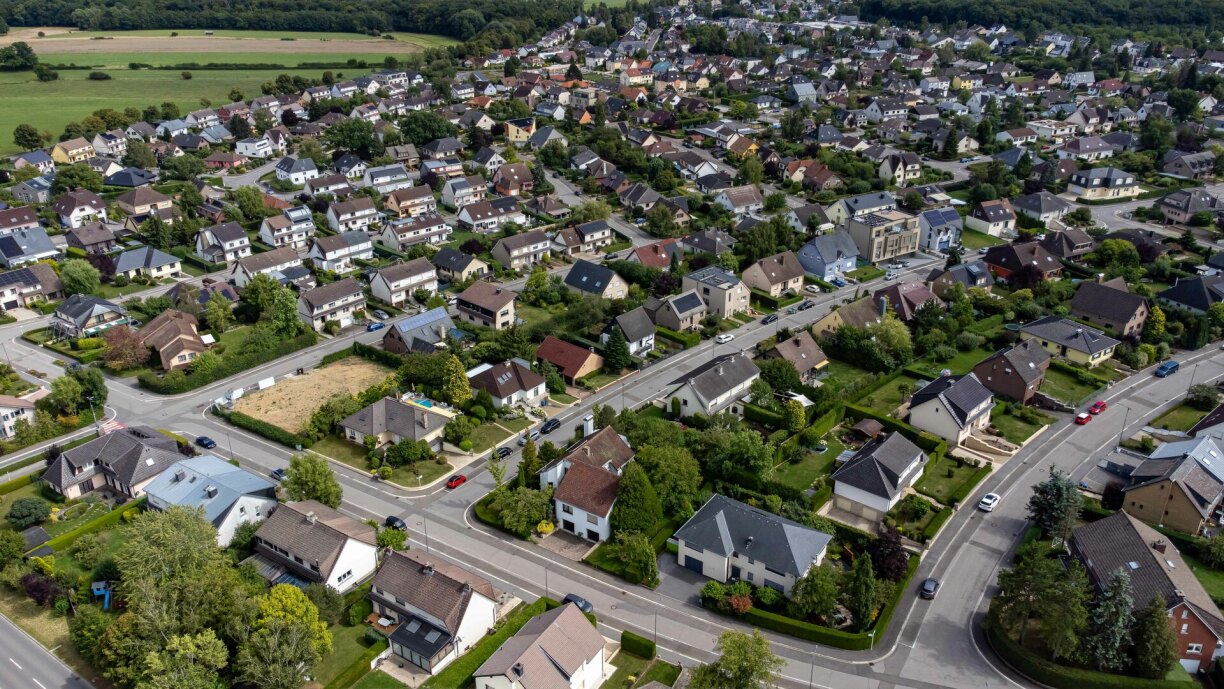
The 28th edition of the National Housing Week opened on 9 October 2025 at Luxexpo The Box in Kirchberg, running alongside the Home Expo fair, offering visitors insights into housing trends, services, and innovations.
As part of the programme, a conference on innovation in the housing sector brought together experts to share their visions for the future of living.
Among the speakers was Stewart Davison, a British specialist who believes that technology can play a key role in reducing frustration among tenants in public housing. Davison explained that, quite by coincidence, he launched a project just two weeks before the COVID-19 lockdown, one that proved invaluable during the pandemic and, he argues, could continue to make housing management far more efficient in the years ahead.
The idea, he said, is straightforward: when a tenant reports a household issue, such as a leaking tap, the problem is first assessed remotely via smartphone with a qualified technician, rather than automatically sending someone out. This allows repair workers to know exactly what the issue is and to bring the right tools and parts with them, saving time for everyone, including tenants who might otherwise need to take time off work for an unnecessary appointment, Davison explained.
Davison shared an example from the early days of the pandemic, when a Scottish housing organisation using this system managed to avert a major incident in a residential building. He recalled that a tenant had called to report that their washing machine was flooding the kitchen, adding that the housing team quickly realised that the affected flat was on the first floor, and that the water could cause damage to the apartment below.
Using the digital platform, the tenant was connected directly with a plumber via a secure video link. Davison explained how the tenant was guided step by step, first shown how to turn off the water supply to stop the flooding, then asked to unplug the machine and unscrew a pipe. The technician identified a broken seal and advised the tenant where to find a spare one at home to fix the issue temporarily until a replacement part could be installed, he said.
Davison noted that the potential for technology goes much further. In the UK, he said, several organisations are already using artificial intelligence to predict and prevent maintenance issues. For instance, he highlighted that they are using AI to detect when heating systems might fail before winter, or to monitor humidity levels to stop damp and mould before they affect residents’ health.
However, he stressed that technology should never be used to replace people. Instead, Davison emphasised that it should give staff more time to focus on cases that require empathy and human understanding, something that, in his view, AI will never be able to replicate.